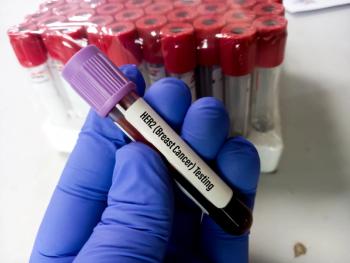
Recent trials reveal fam-trastuzumab deruxtecan-nxki's potential to transform treatment for patients with high-risk HER2-positive breast cancer, enhancing survival rates significantly.

Recent trials reveal fam-trastuzumab deruxtecan-nxki's potential to transform treatment for patients with high-risk HER2-positive breast cancer, enhancing survival rates significantly.
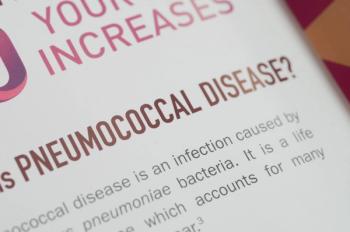
Pharmacists should ensure pneumococcal vaccination strategies are tailored to high-risk individuals, especially those with type 2 diabetes (T2D).
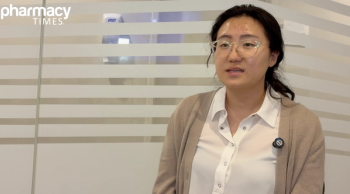
Alice Wang, PharmD, BCOP, discusses the rapid infusion of isatuximab for multiple myeloma, highlighting its benefits, safety, and improved patient convenience in treatment.

Pharmacists explore virtual solutions for opioid use disorder, enhancing treatment retention and accessibility while addressing economic impacts.

Pharmacists lead the charge in integrating pharmacogenetics into patient care, overcoming education barriers and enhancing treatment outcomes through expert guidance.

New research reveals that eggs do not raise bad cholesterol; instead, saturated fat in the diet is the real culprit for heart disease.

Recent FDA approval of nirsevimab and clesrovimab have transformed RSV prevention in infants, prompting new recommendations from the CDC and AAP and replacing the long-standing role of palivizumab.


Adam Kahleifeh, PharmD, BCOP, discusses the impact of IDH mutations in low-grade gliomas.

Mary Nauffal, PharmD, MS, BCOP, discusses innovative use of isatuximab for red cell aplasia post stem cell transplant, highlighting its potential in clinical trials.

Etentamig shows promise in managing infections for relapsed/refractory multiple myeloma.

Inclisiran, a small interfering RNA PCSK9 inhibitor, was effective and tolerable in real-world practice, though pharmacists must make important considerations for patients switching from another medicine.

The new formulation of intravenous immunoglobulin (IVIG) provides patients another option to help reduce the incidence of severe bacterial infections.
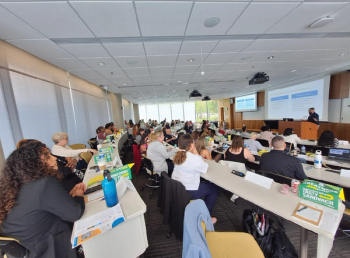
The event featured expert-led sessions, networking, and recognition for technicians’ outstanding contributions.
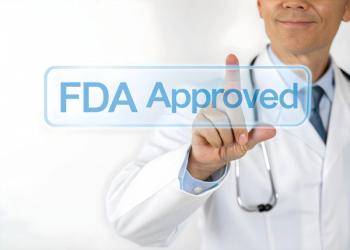
The FDA approves guselkumab, the first IL-23 inhibitor for pediatric psoriasis and psoriatic arthritis, enhancing treatment options for children.
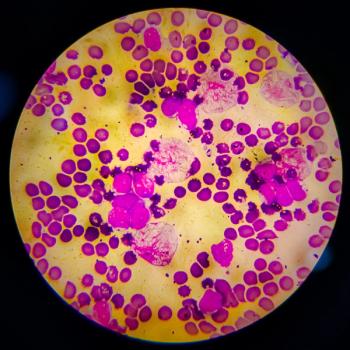
Patients with newly diagnosed transplant-eligible multiple myeloma (NDTE-MM) had high rates of complete response and minimal residual disease–negativity.

A meta-analysis found that proprotein convertase subtilisin/kexin type 9 (PCSK9) inhibitors induce sustained reductions across lipid biomarkers, including low-density lipoprotein cholesterol (LDL-C).

Anitocabtagene autoleucel shows impressive efficacy and safety in treating relapsed/refractory multiple myeloma, achieving a 97% overall response rate.

Pharmacists play a crucial role in managing drug interactions and optimizing treatment with CDK4/6 inhibitors for HER2-positive breast cancer patients.

Biolinq Shine, a wearable biosensor, revolutionizes diabetes management with real-time glucose, activity, and sleep tracking.

Pediatric flu cases surge, revealing alarming rates of encephalopathy.

Xavier Leleu, MD, PhD, shares how OBI technology reduces preparation time and manual pushes for pharmacists.

Pharmacists should leverage their accessibility to boost immunization rates among individuals undergoing cancer treatment.

Young, non-diabetic individuals were most likely to delay statin initiation for low-density lipoprotein cholesterol (LDL-C) lowering, increasing their risk of myocardial infarction.

Paltusotine, the first oral treatment for acromegaly, offers hope for improved patient care and management.

Individuals with heart failure who are Black, Hispanic, or Asian face a much earlier onset of heart failure hospitalization compared with White patients.
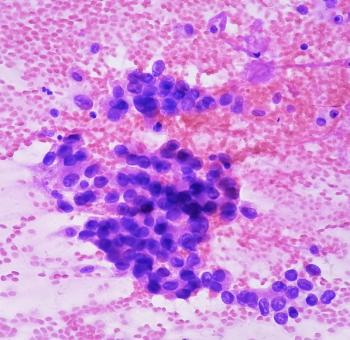
Interim trial data presented at the 2025 World Conference on Lung Cancer shows pumitamig’s promising efficacy in patients with extensive stage small cell lung cancer (ES-SCLC).

Pharmacists enhance patient care by managing CDK4/6 inhibitors, addressing adverse effects and ensuring effective therapy selection in oncology.
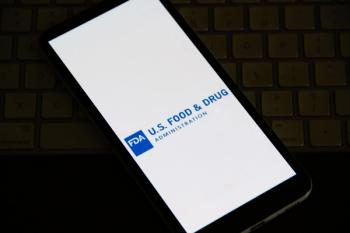
The approval is supported by clinical findings from the EMBER-3 trial.

Expert shares the evolving role of pharmacy in patient care, emphasizing treatment accessibility and monitoring.